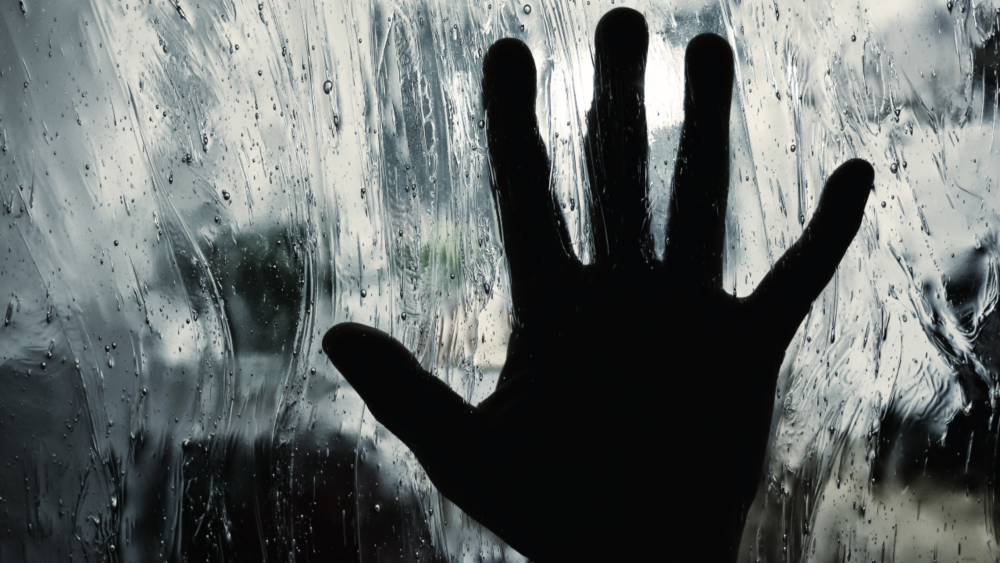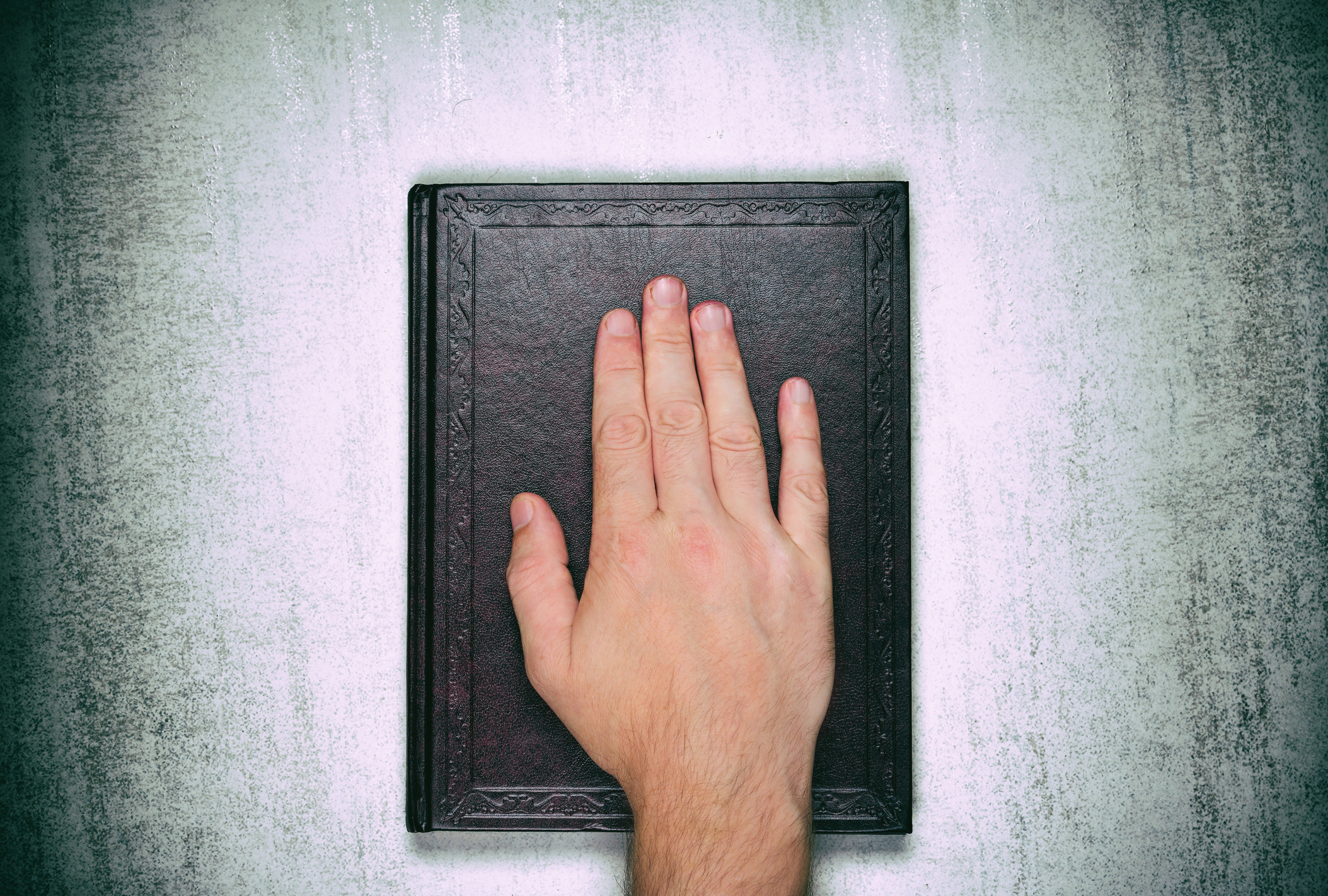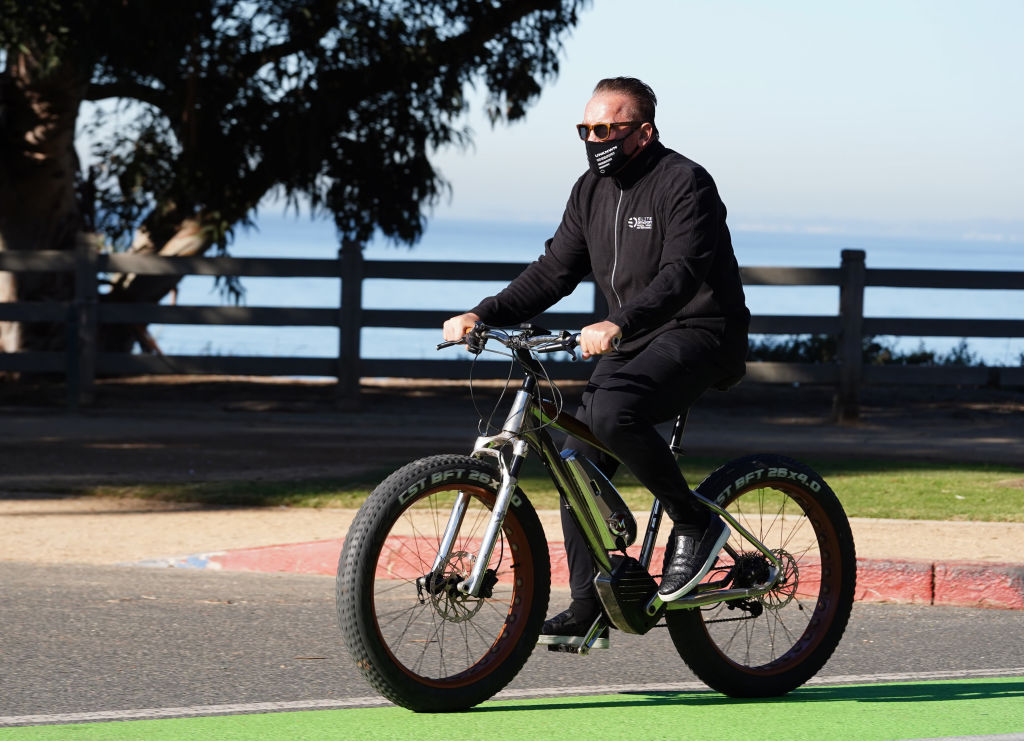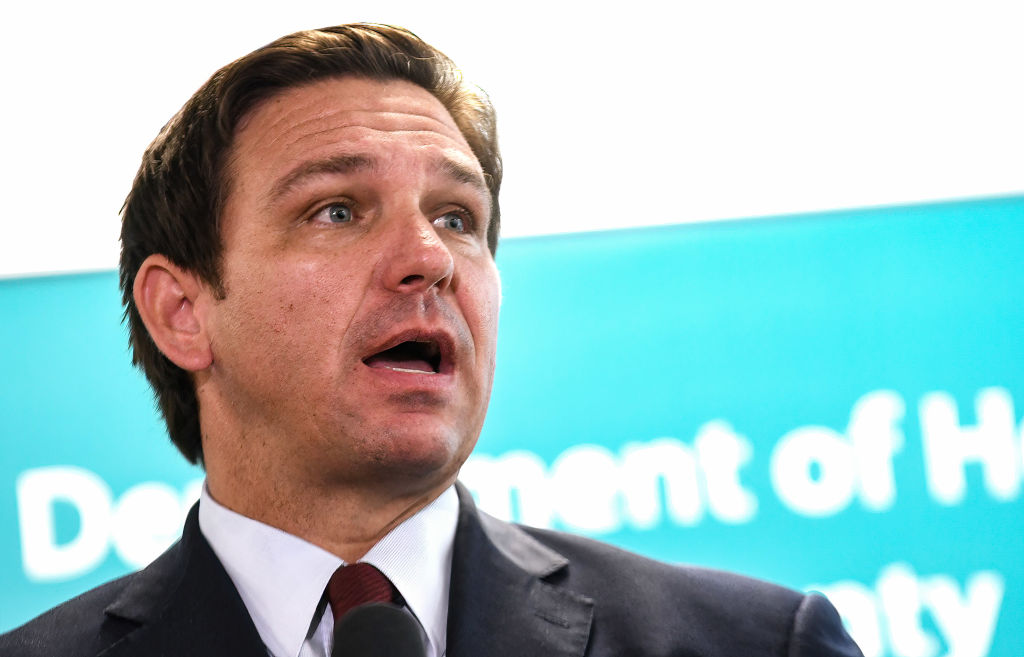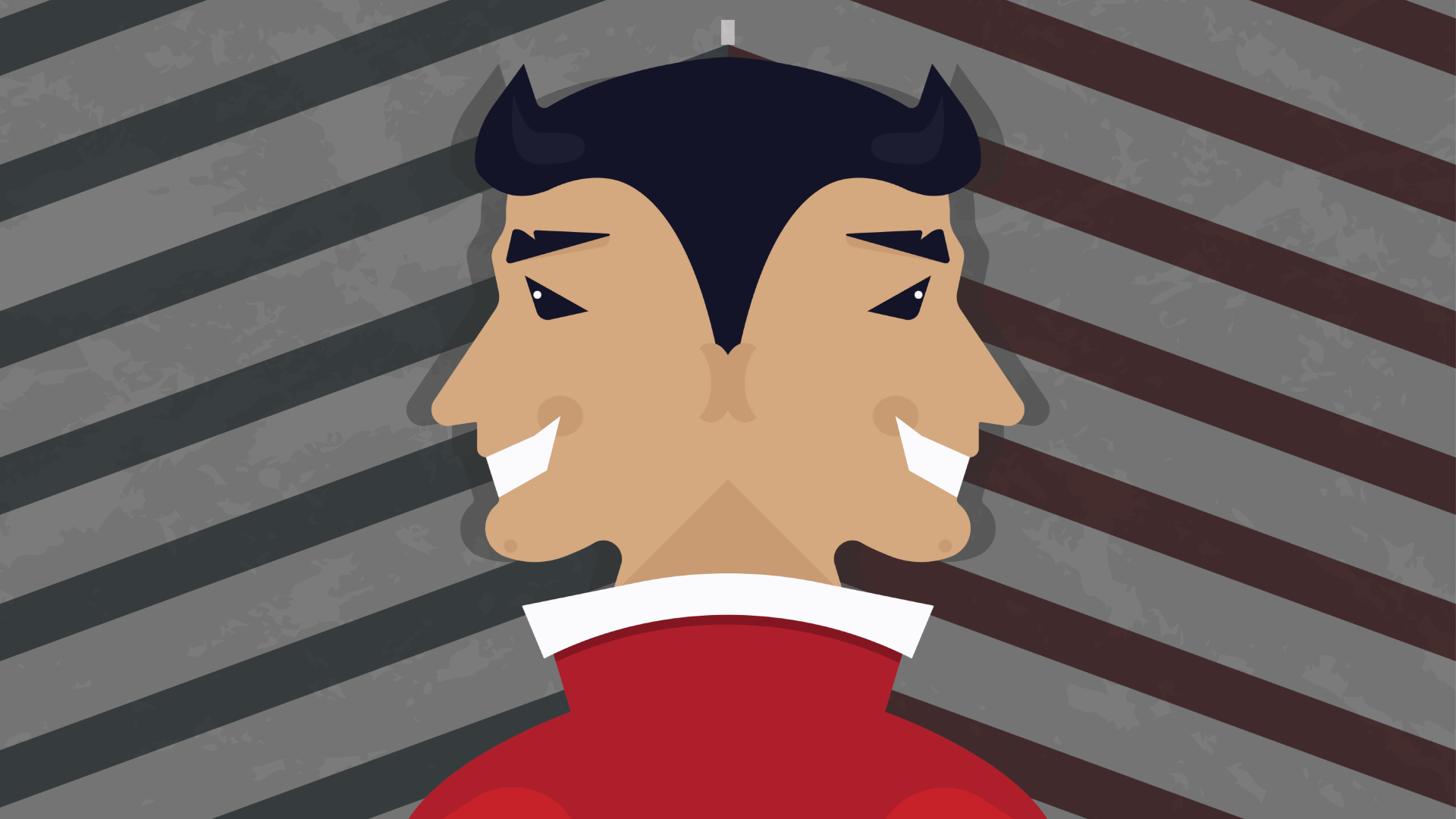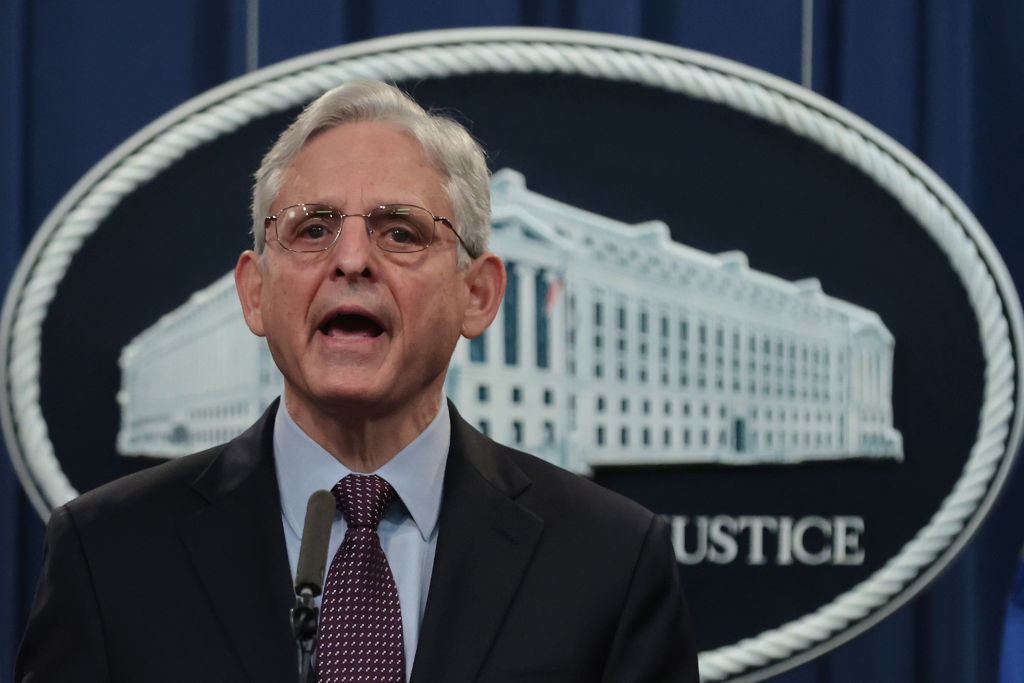This isn’t about tax rates.
What’s Really on Trial in the Rittenhouse Case?
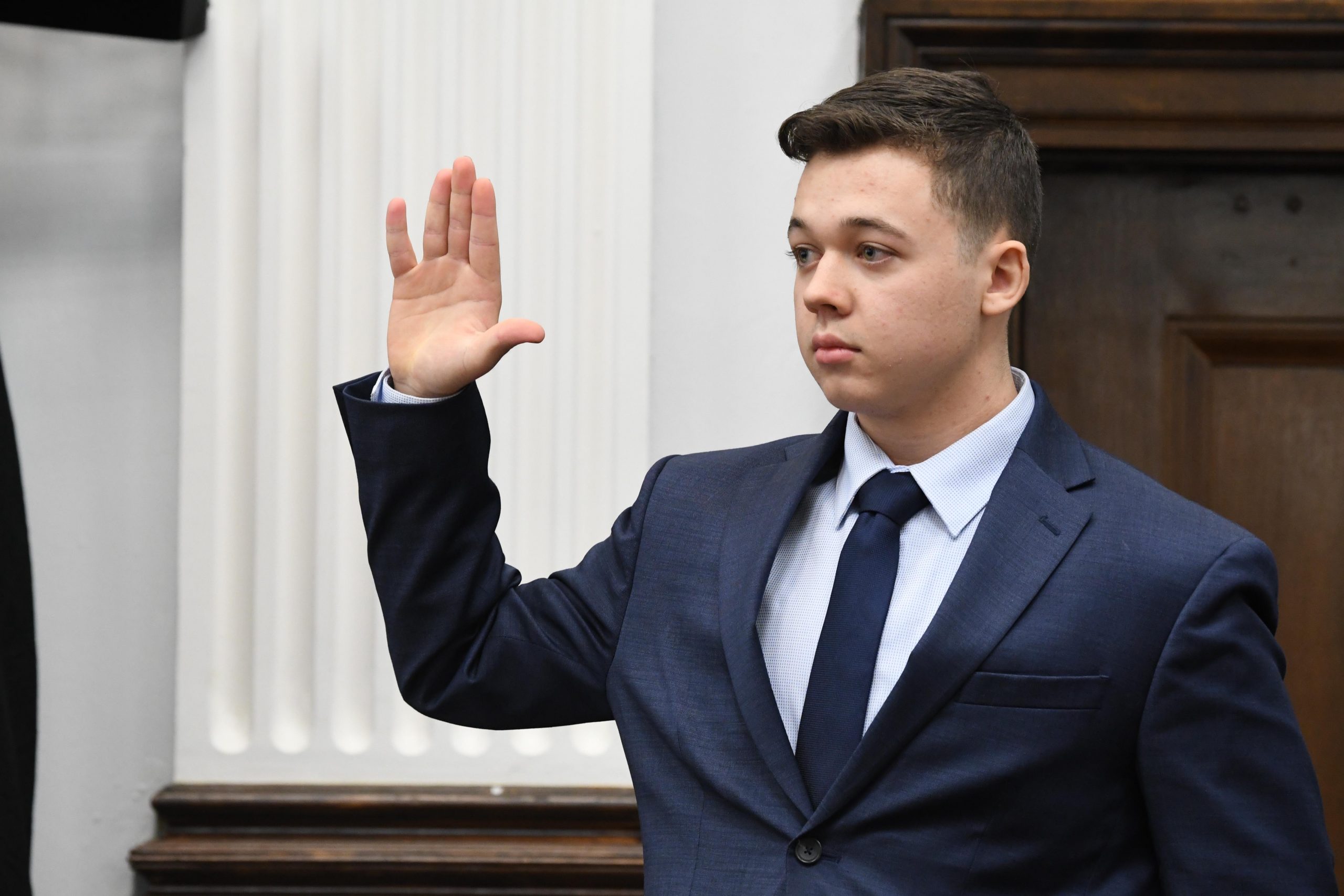
It's not actually about Rittenhouse.
The country was treated yesterday to an unusual spectacle as Kyle Rittenhouse took the stand in his trial for first-degree murder. This maneuver is generally considered a bad idea, or a sign of desperation, but in this instance the defendant seems to be acquitting himself admirably. Rittenhouse, only 18 years old, handled aggressive questioning about a complex incident with remarkable poise and calm, despite breaking down in tears at one point.
Close observers seem to agree that the prosecutor’s case against Rittenhouse is weak and falling apart. Testimony by Rittenhouse’s surviving victim revealed that he had indeed leveled a pistol at Rittenhouse right before he was shot by him, which appears to many strongly to support Rittenhouse’s claim of self-defense. Efforts by the prosecution to tie Rittenhouse to alleged extremist ideologies or groups were suppressed by the judge in pre-trial hearings.
The defendant in this case is white, as are all the people he shot in the midst of several days of looting and arson in Kenosha, Wisconsin last August. So it’s weird that the Rittenhouse case has taken on the same racialized overtones that bear on all controversial trials or investigations nowadays. From George Zimmerman to Derrick Chauvin and everyone in between, the narrative of white impunity for the murder of black people stands as the ground before which the story plays out in all its particular details.
The Rittenhouse killings happened in the days after the shooting of a black man by a white police officer, so the specifics of what happened are subsumed by the broader narrative. The people Rittenhouse killed, in the minds of liberal advocates and media figures, are black by proxy, and as such, whatever it was they were doing before they were killed is largely irrelevant. The same way that Jacob Blake’s reaching for a knife, or Mike Brown grabbing for Darren Wilson’s gun, or Trayvon Martin banging George Zimmerman’s head against the ground are beside the point and do nothing to cancel their essential innocence, the fact that Joseph Rosenbaum, Anthony Huber, and Gaige Grosskreutz were attacking Rittenhouse when they were shot is not pertinent.
The idea that Rittenhouse is a vigilante who set out to commit murder is echoed in the constant insistence that he “crossed state lines” in order to commit violence. It is true that Rittenhouse lives in Illinois, but his town is about a half-mile from the Wisconsin state line. Talking about state boundaries in this case indicates a desire from left media figures and other advocates for federal charges to be brought against Rittenhouse, out of frustration that a state court might stick too closely to the rules of evidence and procedure and acquit him. Federal courts, it is widely understood, are much more likely to charge deplorables who manage to get not guilty verdicts with broadly defined civil rights conspiracies that are impossible to wiggle out of.
The prosecution is doing its level best to imply that Rittenhouse, if not an out-and-out vigilante, was certainly looking for trouble. They have amplified the social media criticism that his actions were meddlesome and that he ought to have minded his own business. He ought to have stayed at home; he ought not to have brought a gun; he ought not to have left the car lot he was supposedly protecting; he should have let fires burn instead of putting them out; he should have let bleeding people bleed; he ought to have called 911 if he was worried about events in the streets; he ought not to have spoken to angry protestors; he should have let people beat him up. It is better, in this line of argument, to be killed than to act in defense of one’s person or community.
That’s why the Rittenhouse trial is provoking so much discussion and controversy at this moment. Many look at him and see someone who, perhaps naively, thought he could protect a community he knew (his father lives in Kenosha) and help people who were suffering. But many others—including his President—see Kyle Rittenhouse as the embodiment of white supremacist violence and entitlement, though there is no evidence that he harbors any racially-inflected views. White supremacy used to mean disliking nonwhites. Now it’s defined by who nonwhites don’t like.
The American Mind presents a range of perspectives. Views are writers’ own and do not necessarily represent those of The Claremont Institute.
The American Mind is a publication of the Claremont Institute, a non-profit 501(c)(3) organization, dedicated to restoring the principles of the American Founding to their rightful, preeminent authority in our national life. Interested in supporting our work? Gifts to the Claremont Institute are tax-deductible.
An affirmation of the national creed.
That feeling when our politicians terminate our form of government.
A governor details how his state has resisted federal overreach.
The dos and don’ts when talking to the New Right
Merrick Garland has shown us why he never belonged on the Supreme Court.

